Several times a week, you can find Christophe Waggoner digging through piles of clothes at a thrift store in central Texas. Unlike some of the other shoppers, though, he's looking for items that can be made into Halloween costumes.
"I'm trying to see if anything catches my attention," Waggoner says, "It's usually either shiny, furry or sparkly."
His vision: To create costumes out of thrifted treasures and donate them to those in need.
"I want everybody, all the kids, their parents, whatever, to feel like they're getting the same thing that somebody went out and bought," Waggoner says.
At his home in Austin, he washes, glues and sews the costumes he finds, redesigning the garments into something new.
He then hosts events in the fall where kids can pick out their Halloween costumes for free. While he's been doing it for nine years, he says this year has been the busiest.
Consumers spend an average of $37.62 on a single Halloween costume this year, an 11% increase from 2024, according to the National Retail Federation. Before the COVID-19 pandemic, costumes were almost $7 less than they are now. Tariffs on Chinese imports also contribute to higher prices.
When families are forced to cut costs, it's easy to eliminate a single-use item like a costume. But it also comes at the expense of childhood memories.
That's where Waggoner steps in, giving children and parents the ability to celebrate Halloween no matter what their financial situation might be. Despite the impact it has on his own finances — he still works full-time at 62 years old and spends more than $5,000 annually on storage for the costumes —he says the payoff is worth it.
"The goal is to make people better than they were before the event," he says, "If there's somebody there to help you, then you're more than likely to turn around and help somebody else."
Which is exactly what happens when families return or donate their old costumes to his cause.
And to anyone who might say it's "just a Halloween costume," Waggoner has a simple sentiment: "Everybody should deserve a chance to be a kid."
Anna Grazulis contributed to this report.

.jpeg)
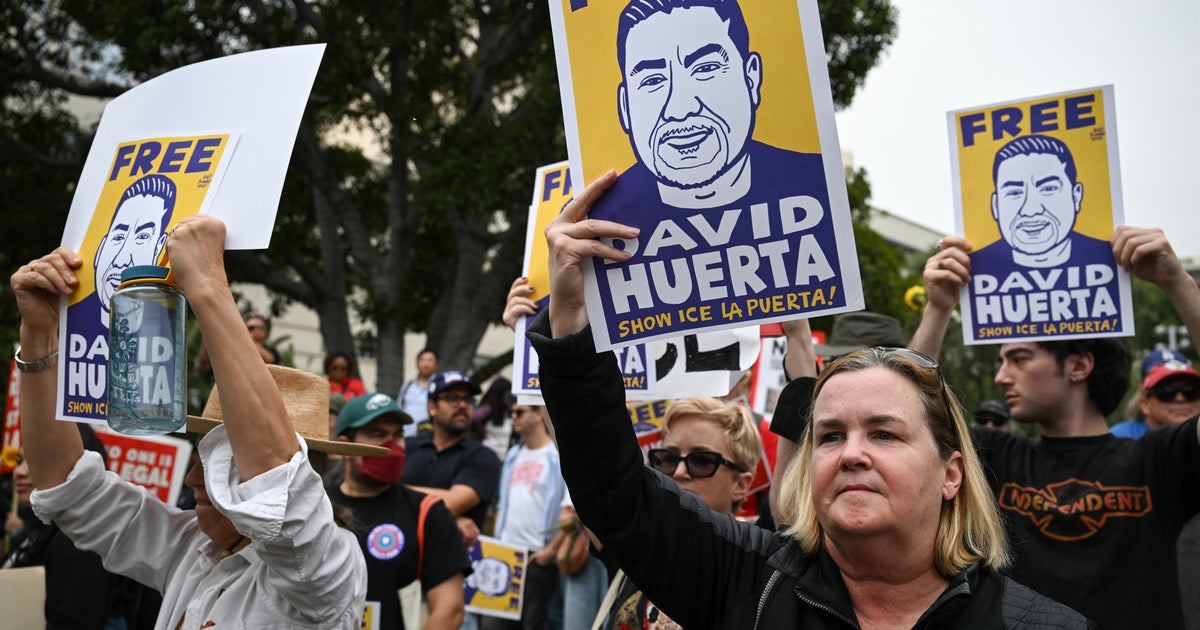

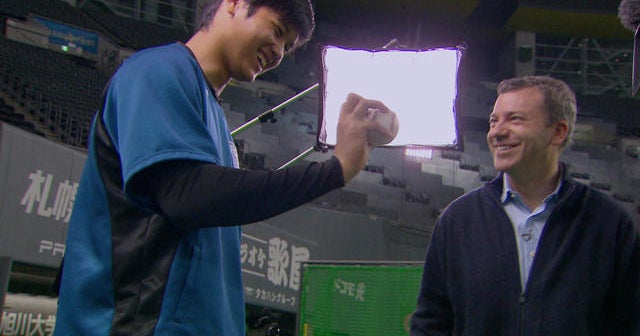


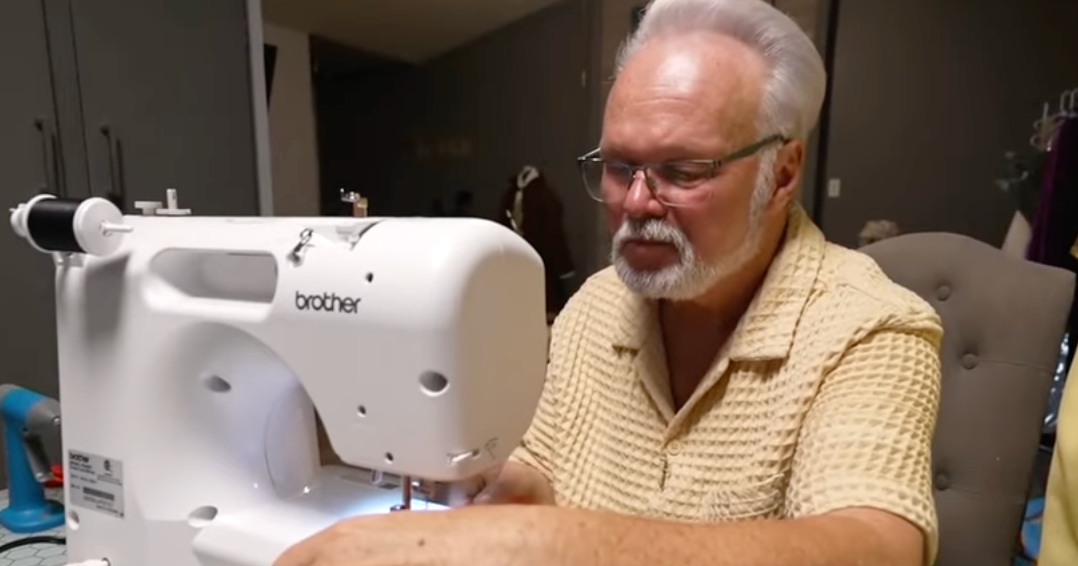




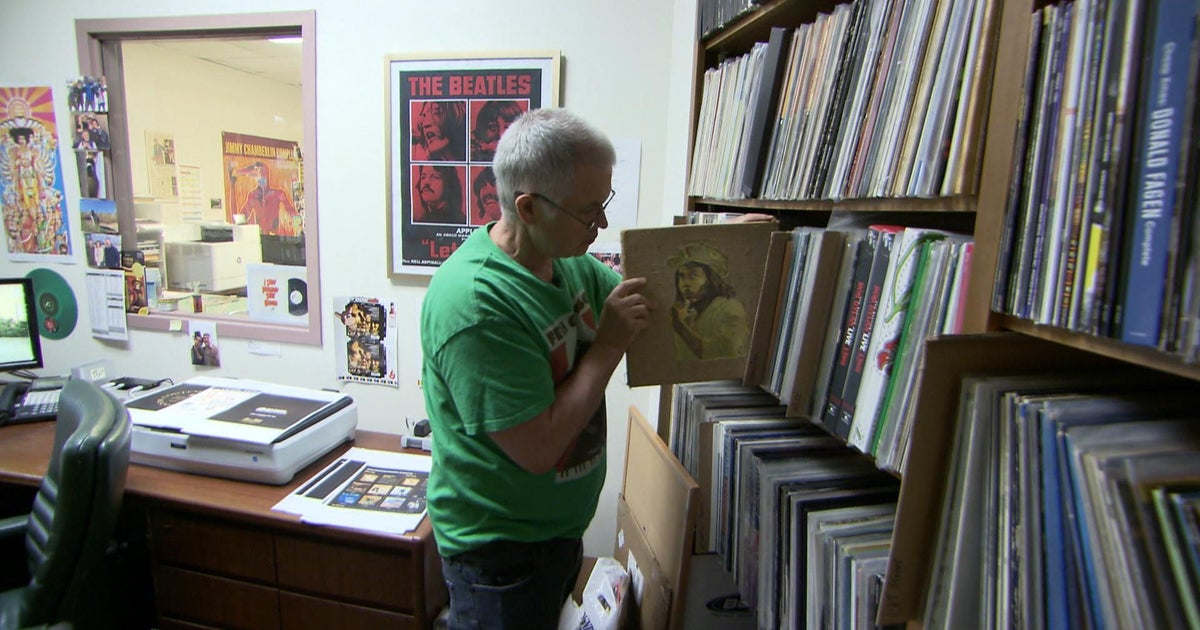


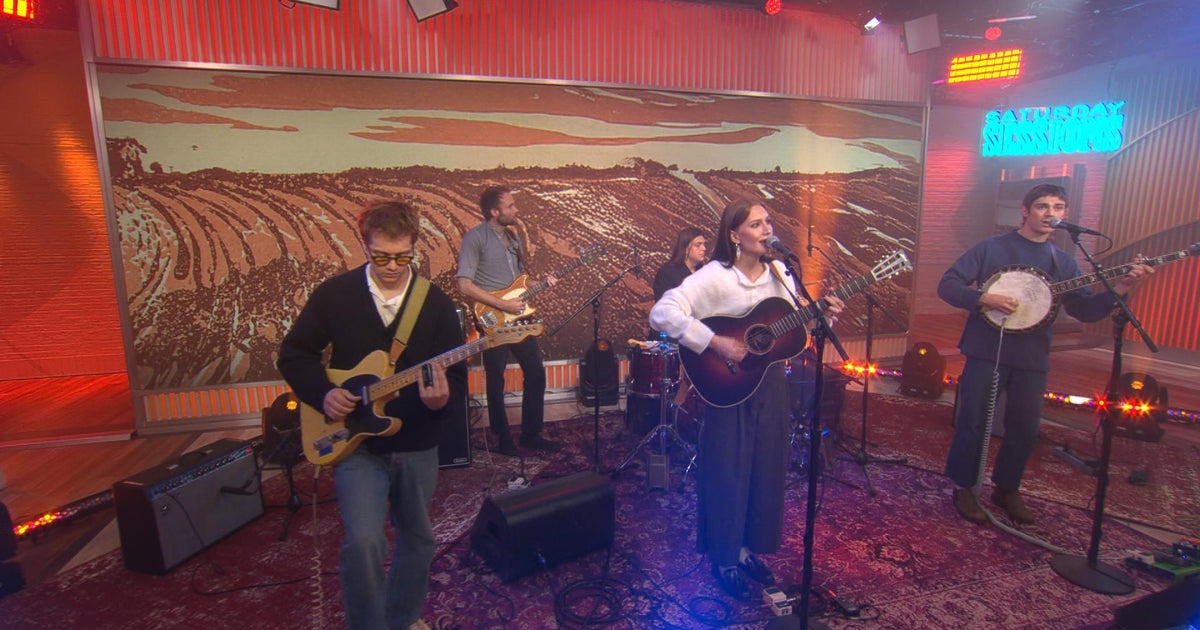
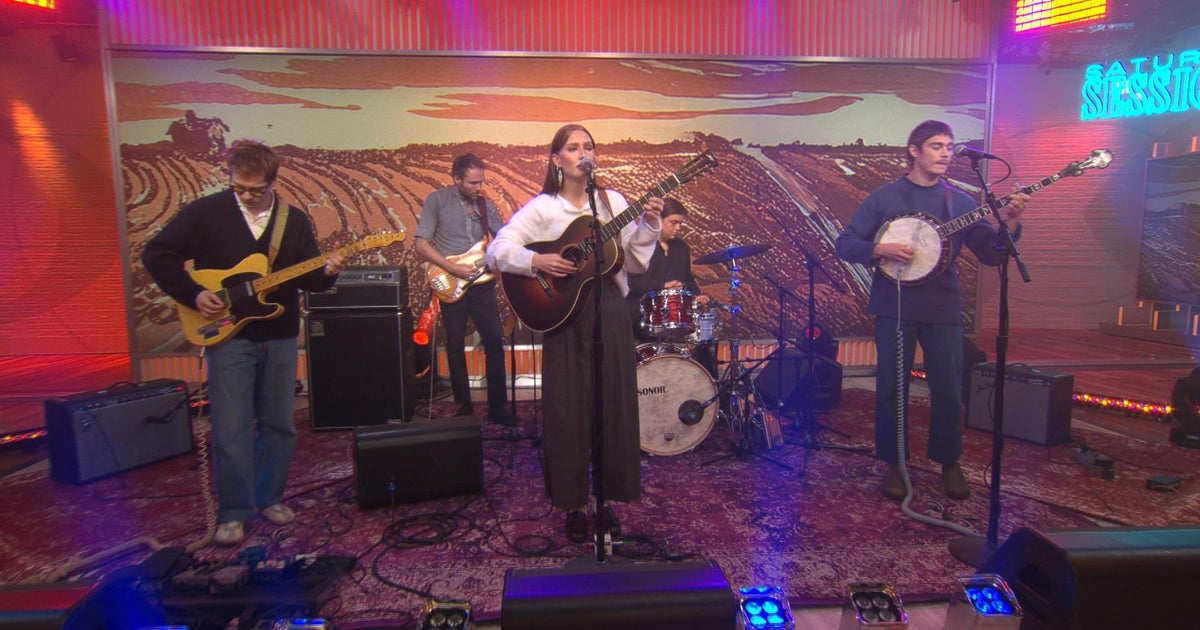
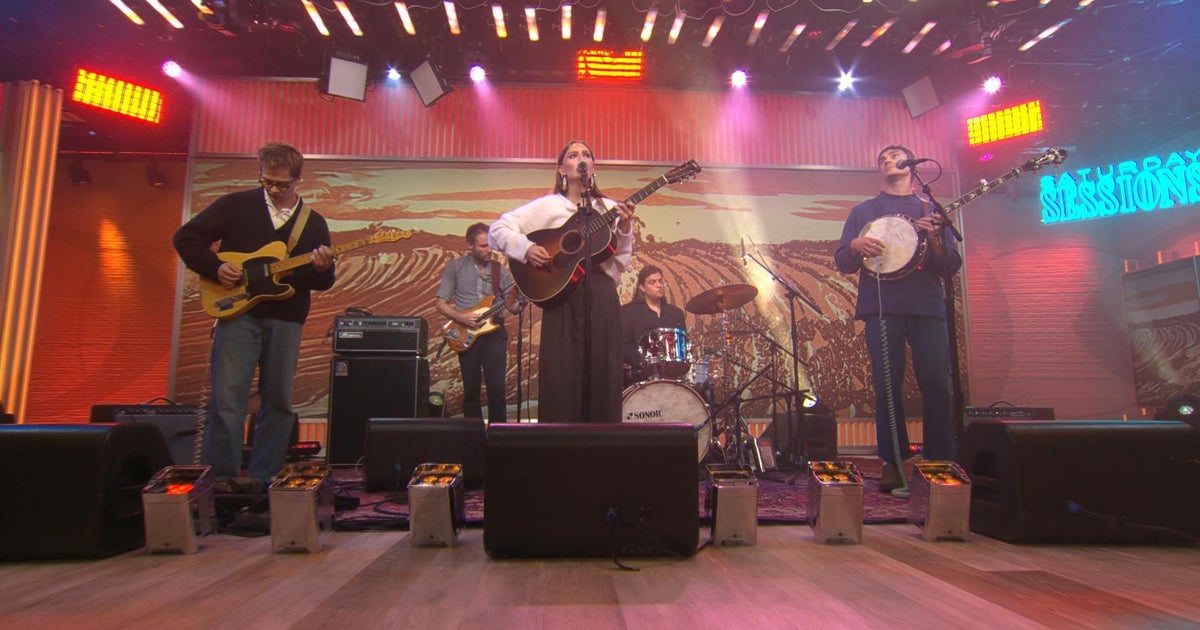
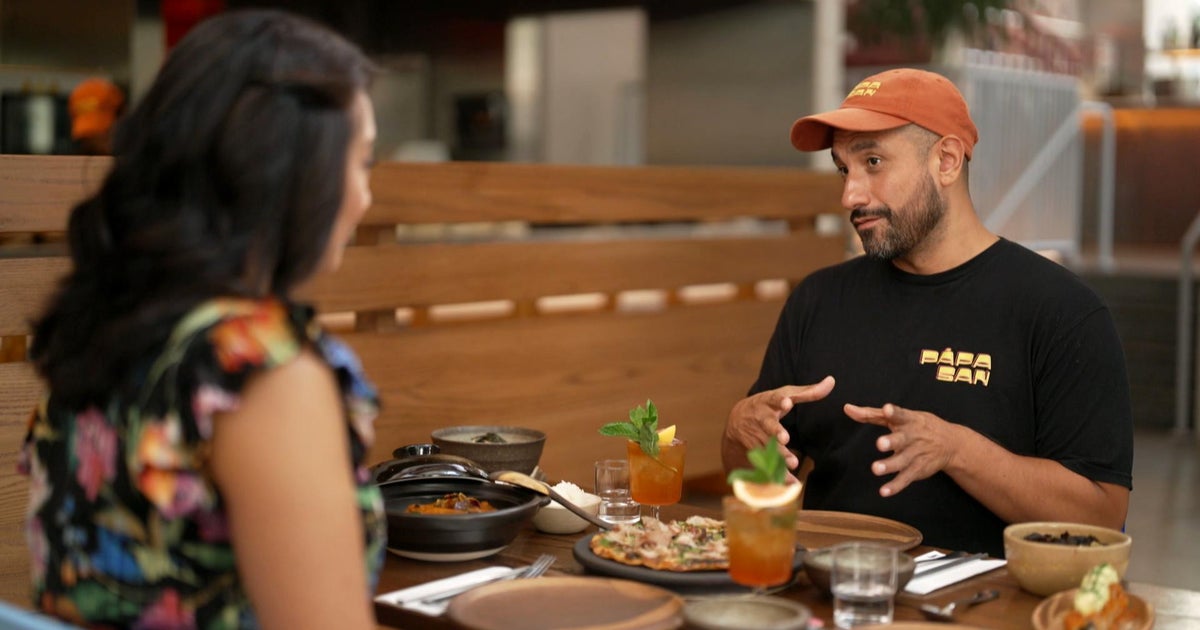
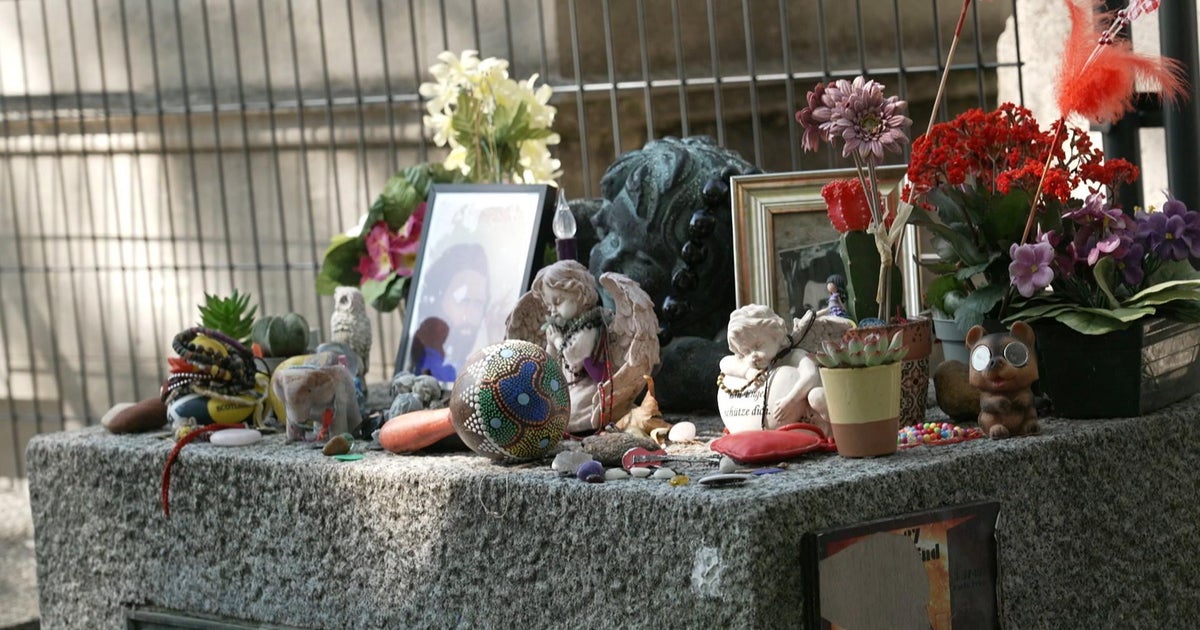





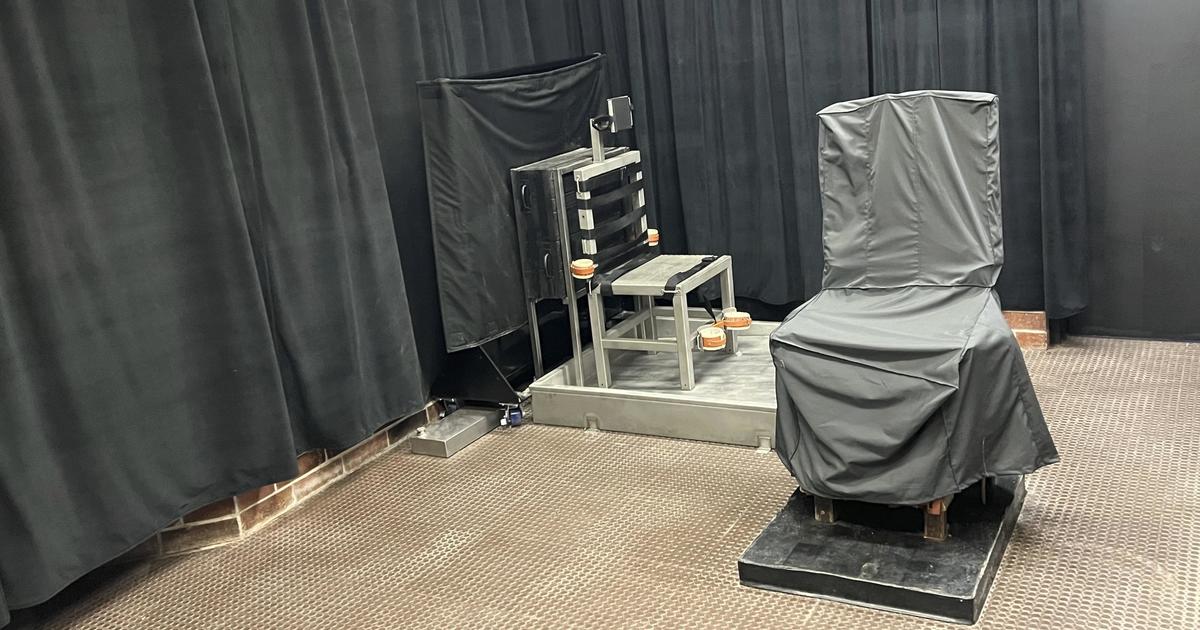
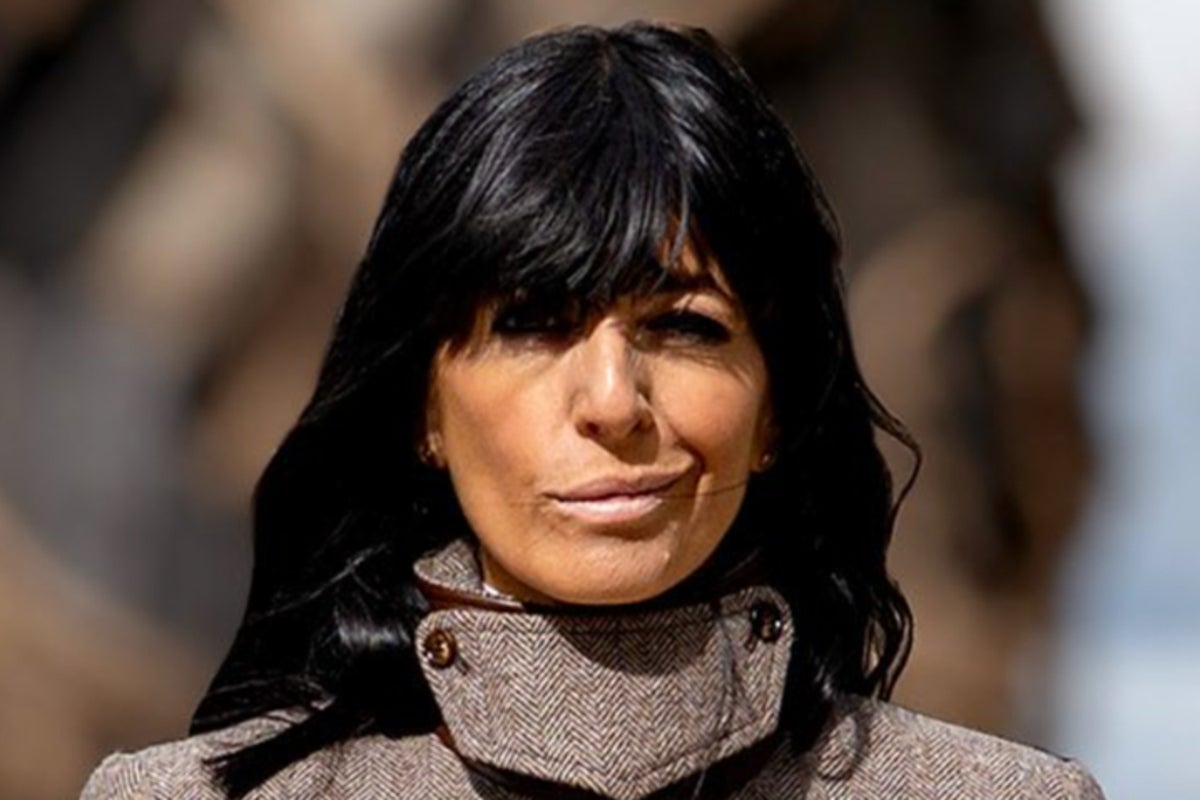





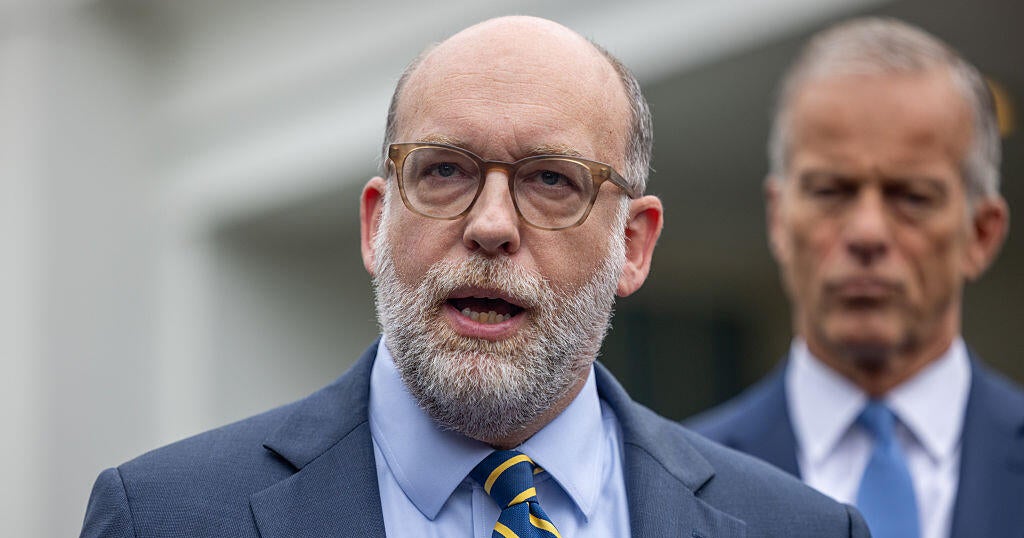


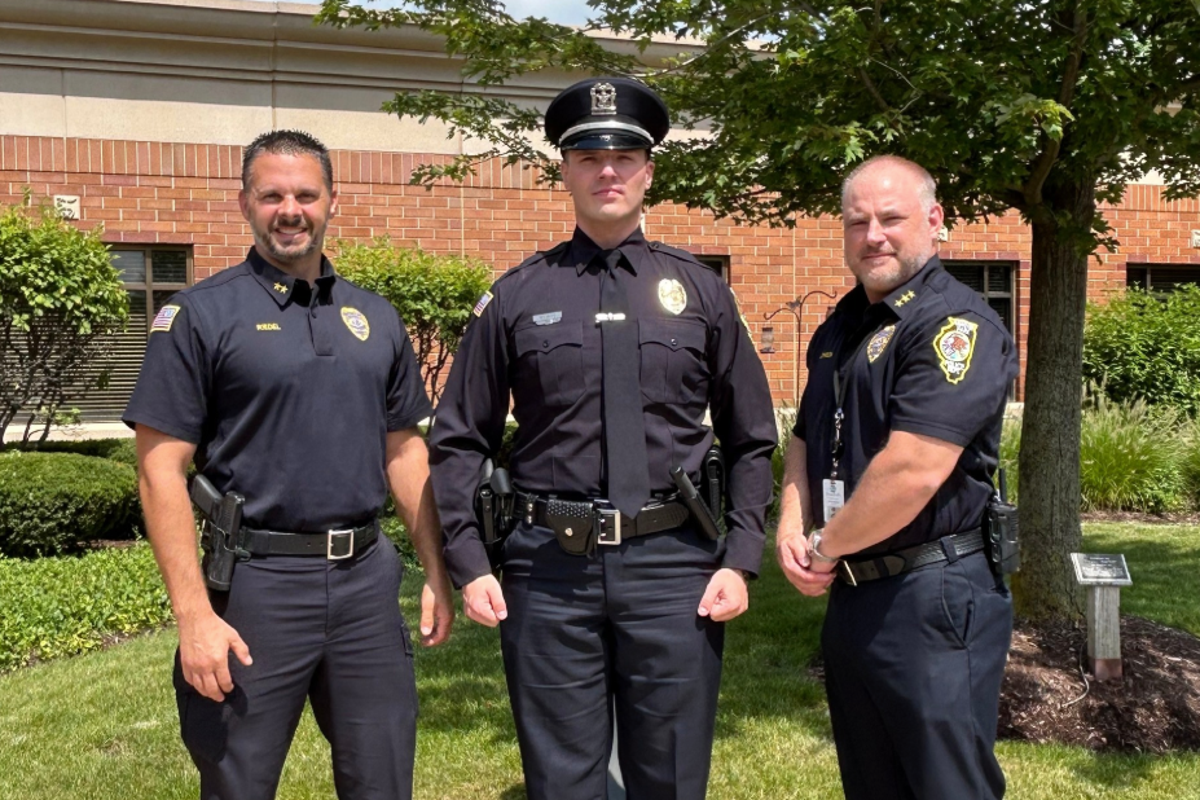
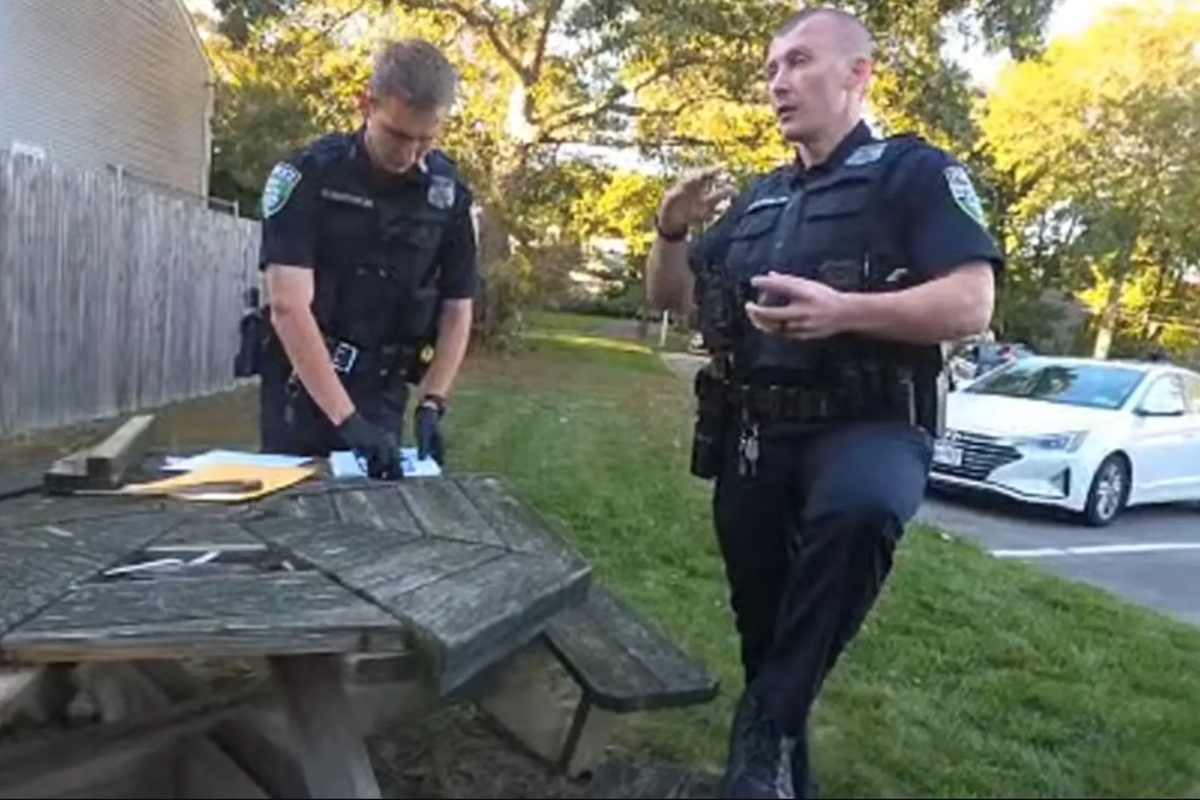



 English (US) ·
English (US) ·